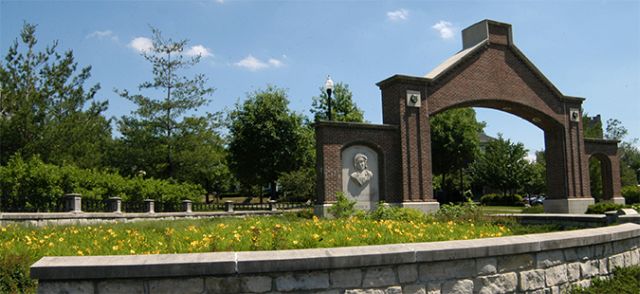Document Type
Article
Publication Date
9-2018
Publication Source
Journal of College and University Student Housing
Abstract
Concussions in college students can lead to a number of academic, physical, and emotional consequences. This project involved training college staff—including residence hall advisors—about the signs, symptoms, and risks related to concussions. The importance of training in concussion recognition and management is discussed in relation to campus staff’s responsibilities. A sample training model that can be replicated on college and university campuses is presented, along with implications for college students and housing personnel.
Of the traumatic brain injuries (TBIs) sustained by 1.7 to 3.8 million people every year, approximately 75% (1.28 to 2.85 million) can be classified as a concussion, a mild form of TBI (Centers for Disease Control and Prevention [CDC], 2015; Langlois, Rutland-Brown, & Thomas, 2006). Concussions can result in a diverse range of physical, cognitive, emotional, and behavioral consequences that manifest differently in each person (Comper, Bisschop, Carnide, & Tricco, 2005). These consequences can be particularly difficult for college students who are living independently while managing multiple classes and responsibilities.
Inclusive pages
58-71
ISBN/ISSN
0161-827X
Document Version
Published Version
Copyright
Articles published in The Journal of College and University Student Housing are copyright of the Association of College & University Housing Officers – International (ACUHO-I).
Publisher
Association of College & University Housing Officers – International (ACUHO-I)
Volume
45
Issue
1
Peer Reviewed
yes
eCommons Citation
Lopez, Lisa B.; Davies, Susan C.; and Schaller, Molly A., "Training College Staff to Recognize and Respond to Concussions" (2018). Counselor Education and Human Services Faculty Publications. 83.
https://ecommons.udayton.edu/edc_fac_pub/83
COinS




Comments
This article is made available with the permission of the authors and the publisher. Permission documentation is on file.
View the journal website: https://www.acuho-i.org/journal